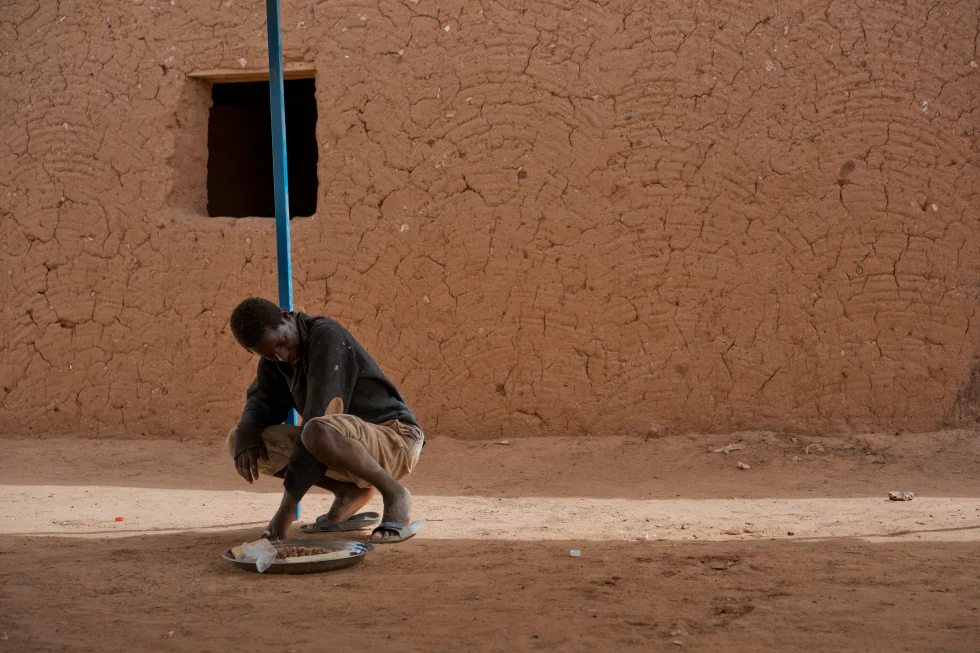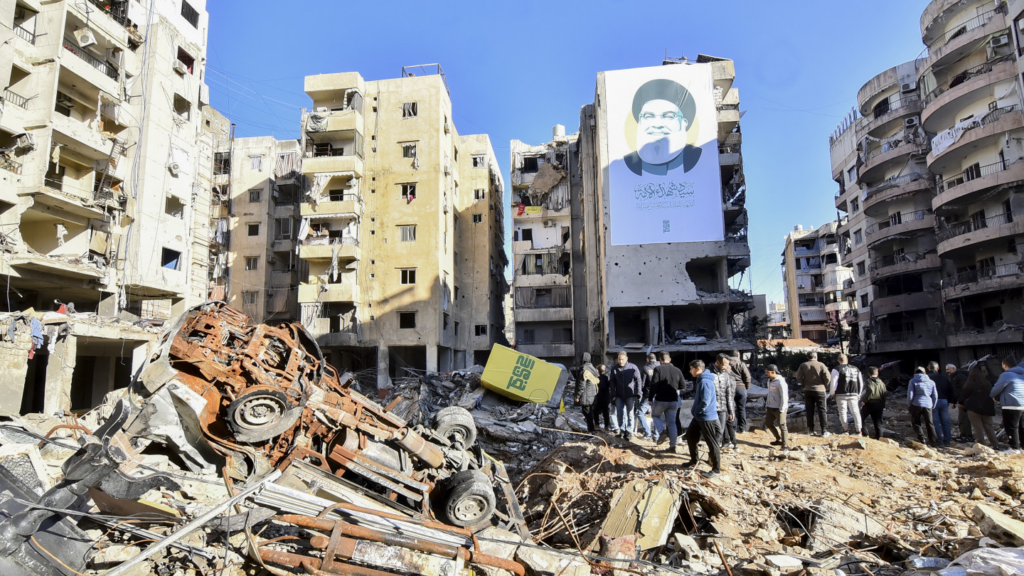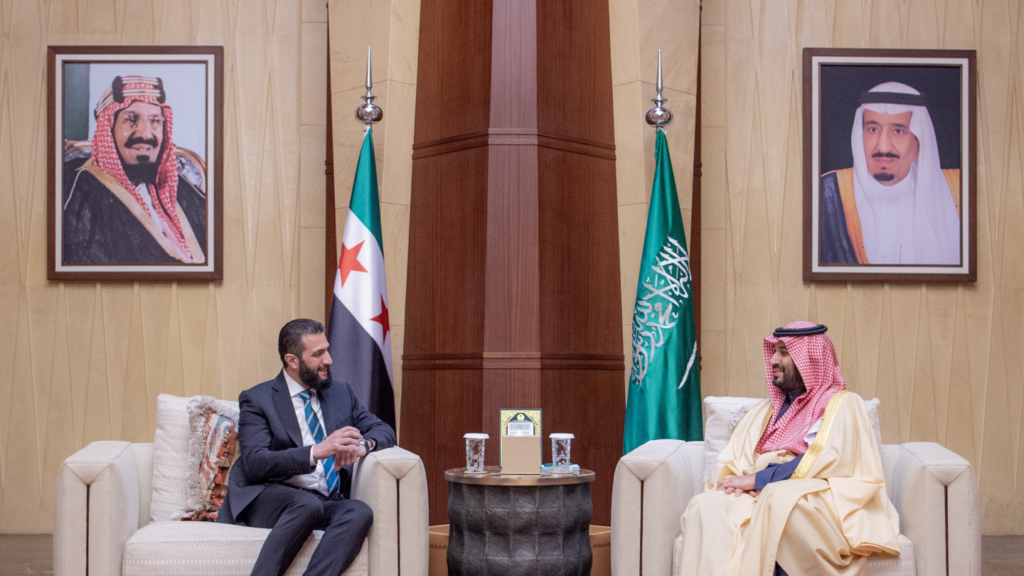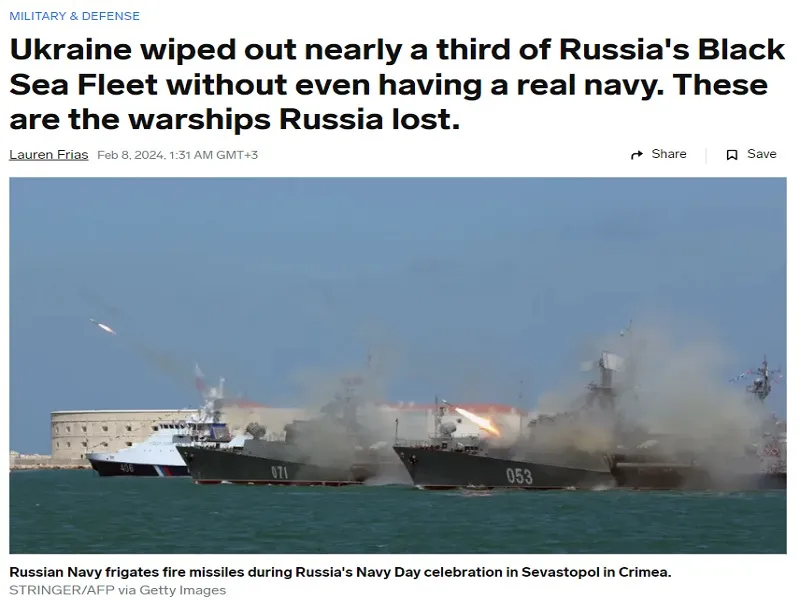En Tunisie, nouveaux démantèlements de camps de migrants originaires d’Afrique subsaharienne
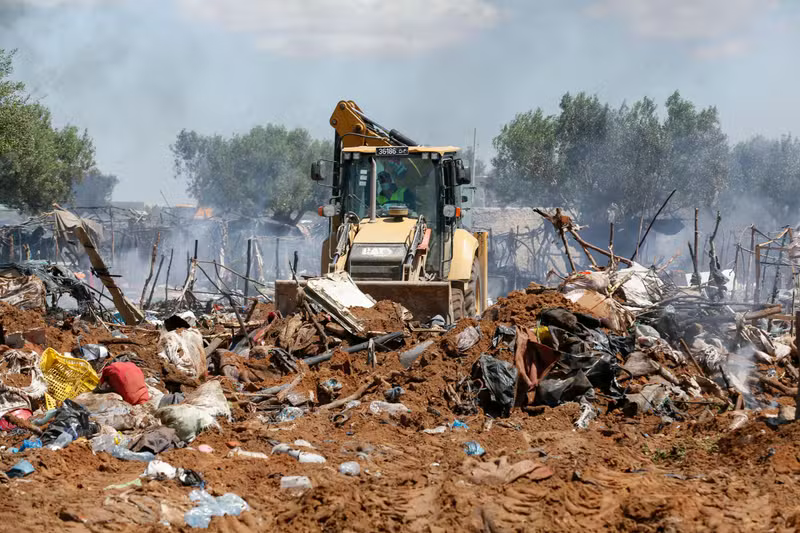
Des unités de la garde nationale ont mis le feu aux tentes installées dans des oliveraies du centre-est du pays, sur fond d’accélération des retours « volontaires » des migrants dans leurs pays.
Les autorités tunisiennes ont de nouveau démantelé jeudi 24 avril des camps de fortune de migrants originaires d’Afrique subsaharienne, installés dans des oliveraies dans le centre-est du pays, sur fond d’accélération des retours « volontaires » de personnes migrantes dans leurs pays. Des unités de la garde nationale ont mis le feu aux tentes dans ces camps, selon un journaliste de l’Agence France-Presse (AFP) sur place.

